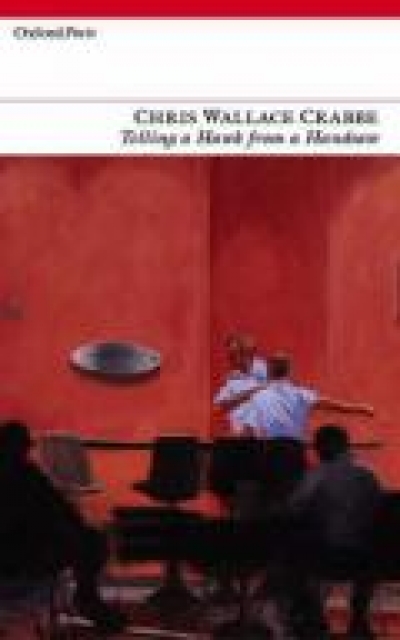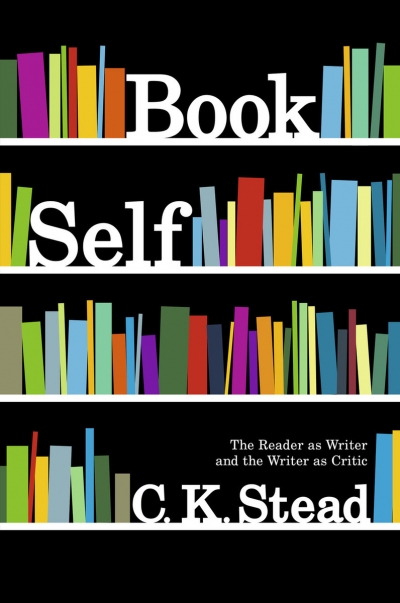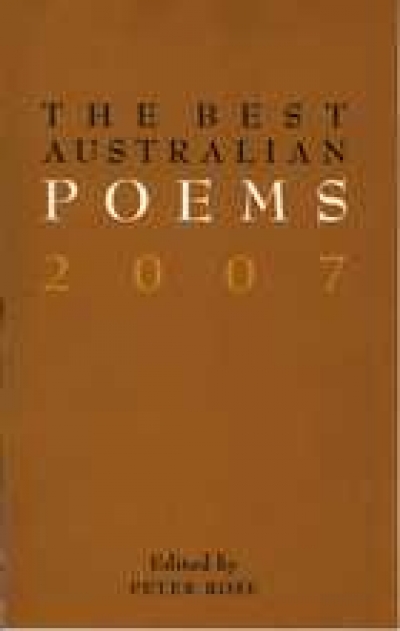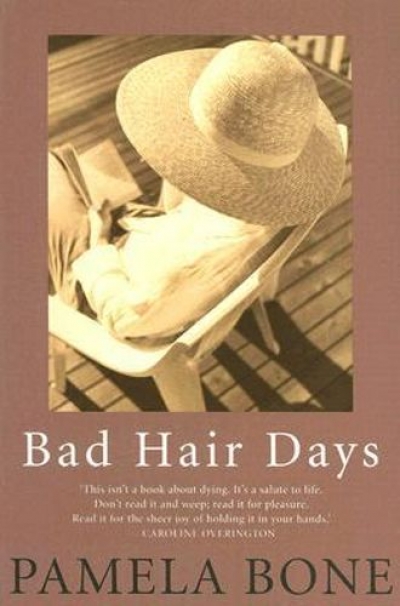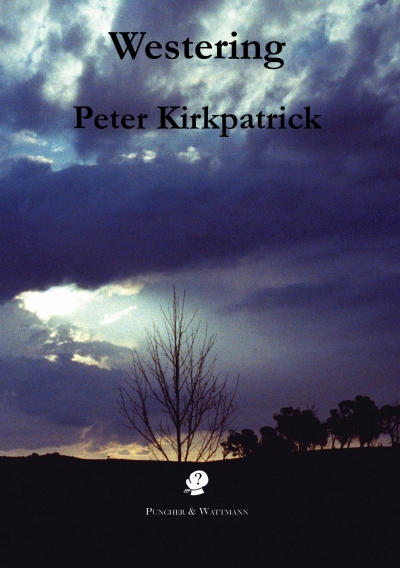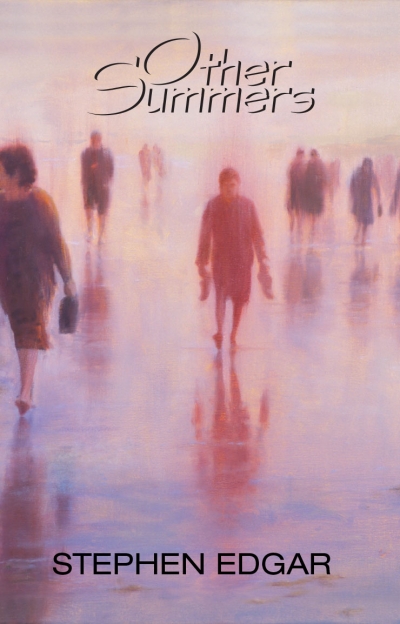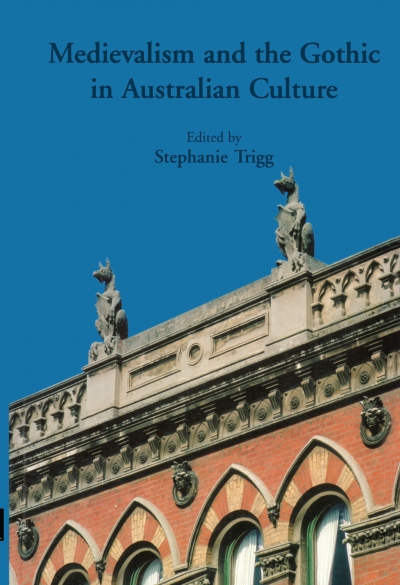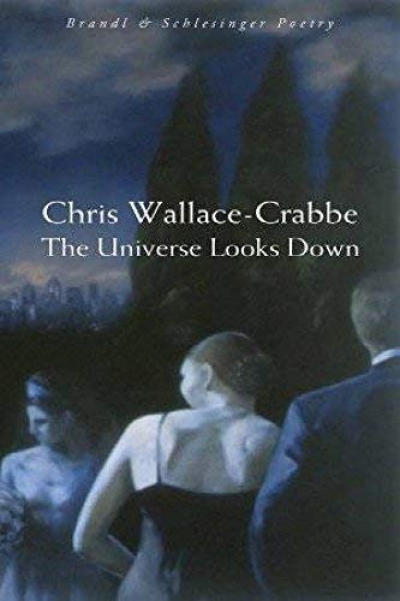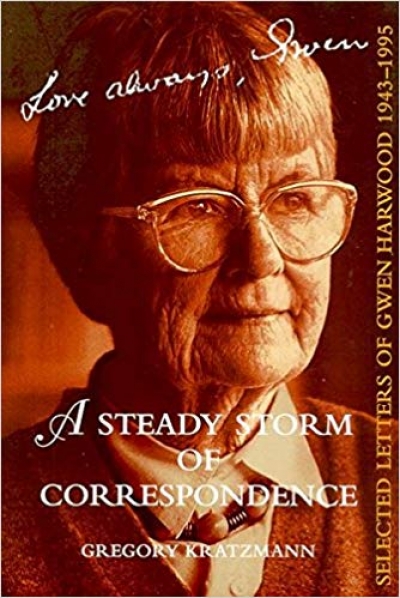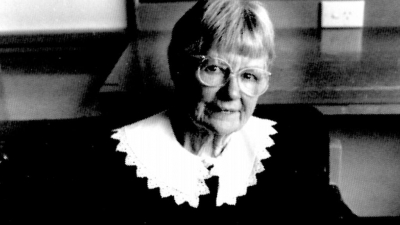Gregory Kratzmann
Telling a Hawk from a Handsaw by Chris Wallace-Crabbe
by Gregory Kratzmann •
Book Self: The reader as writer and the writer as critic by C.K. Stead
by Gregory Kratzmann •
The Best Australian Poems 2007 edited by Peter Rose & The Best Australian Poetry 2007 edited by John Tranter
by Gregory Kratzmann •
Medievalism and the Gothic in Australian Culture by Stephanie Trigg
by Gregory Kratzmann •
The Universe Looks Down by Chris Wallace-Crabbe & Read It Again by Chris Wallace-Crabbe
by Gregory Kratzmann •
A Steady Storm of Correspondence: Selected Letters of Gwen Harwood 1943–1995 edited by Gregory Kratzmann
by Brenda Niall •
Gwen Harwood’s poetry has been the subject of an increasing number of essays and articles during the last decade; in the last twelve months three books have appeared (written by Alison Hoddinott, Elizabeth Lawson, and Jennifer Strauss) and a fourth (by Stephanie Trigg) is on the way. All of this industry, as well as the publication in the Oxford Poets series of a Collected Poems, is to be welcomed; few would deny that Gwen Harwood’s work deserves all the attention it gets, particularly as it continues to surprise and delight.
... (read more)
